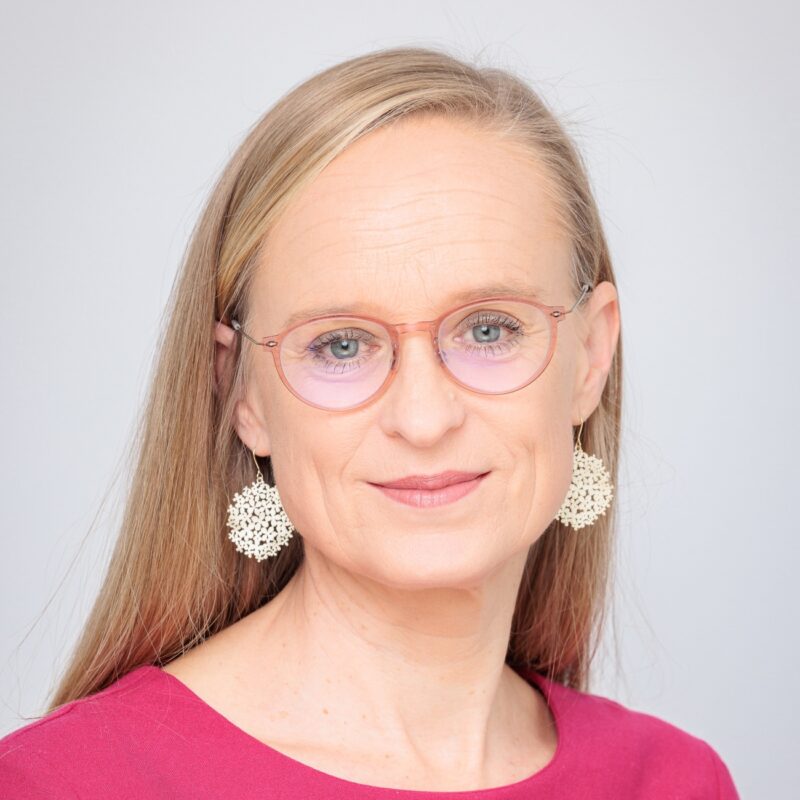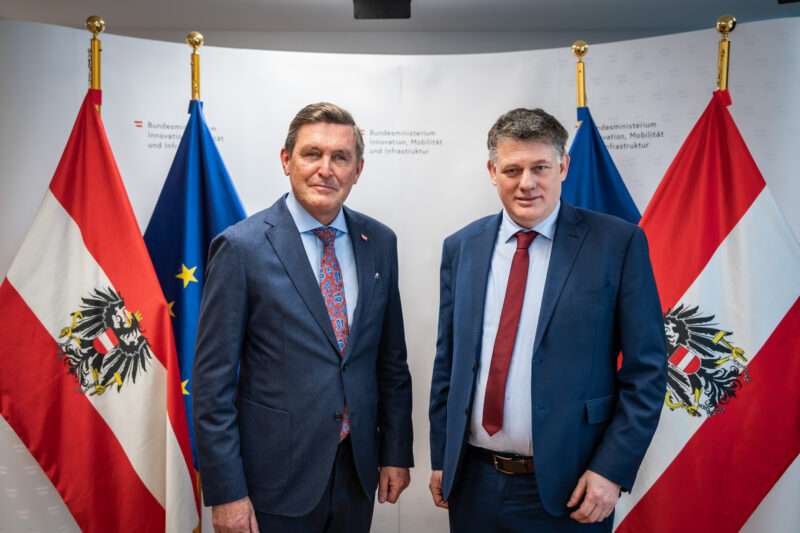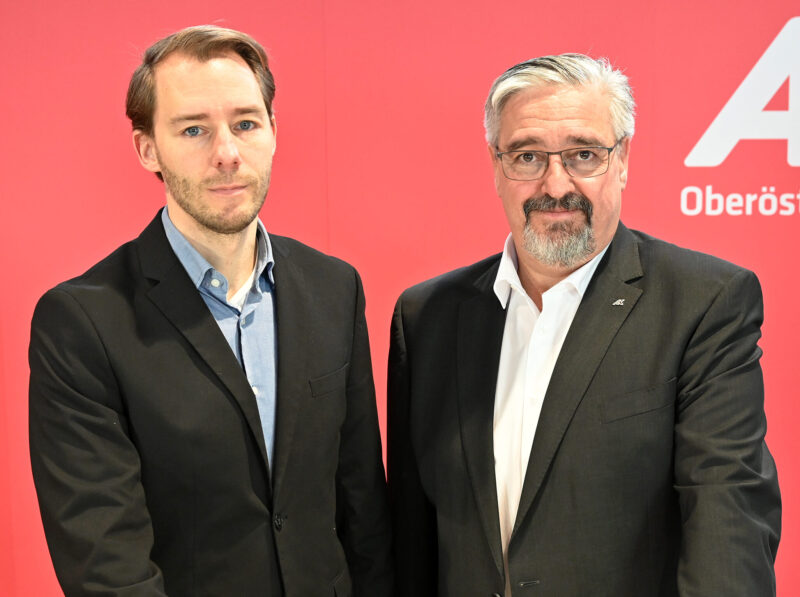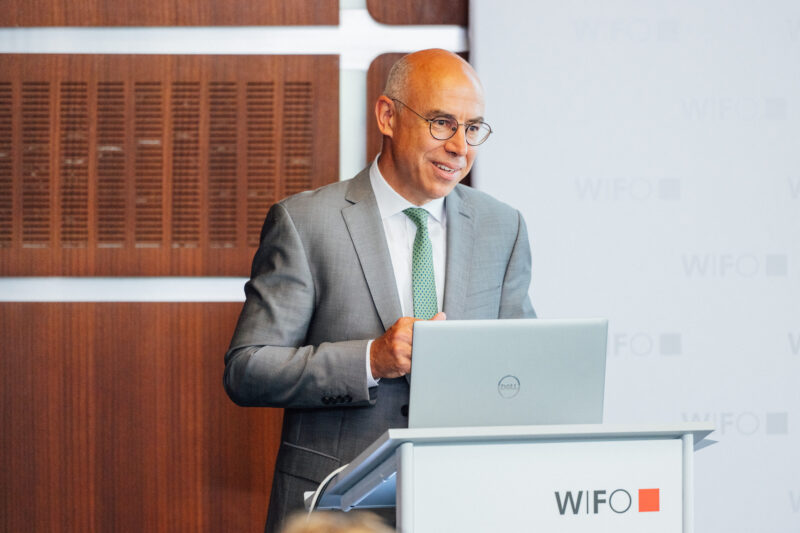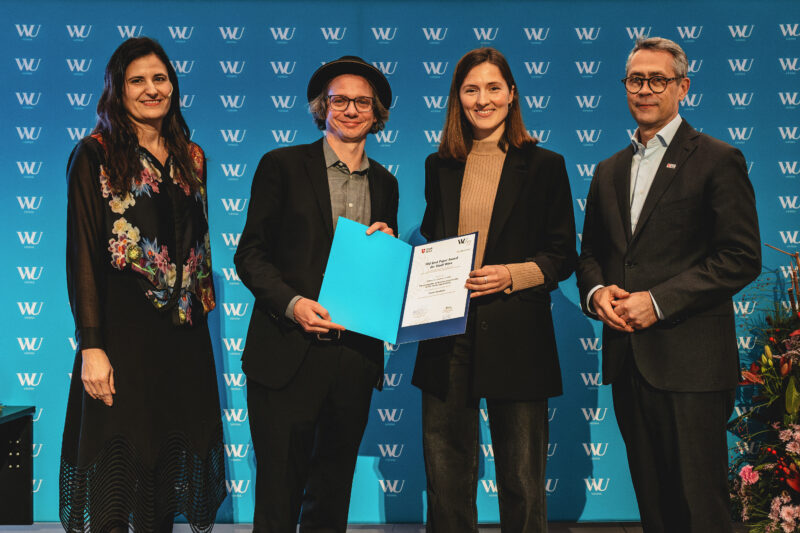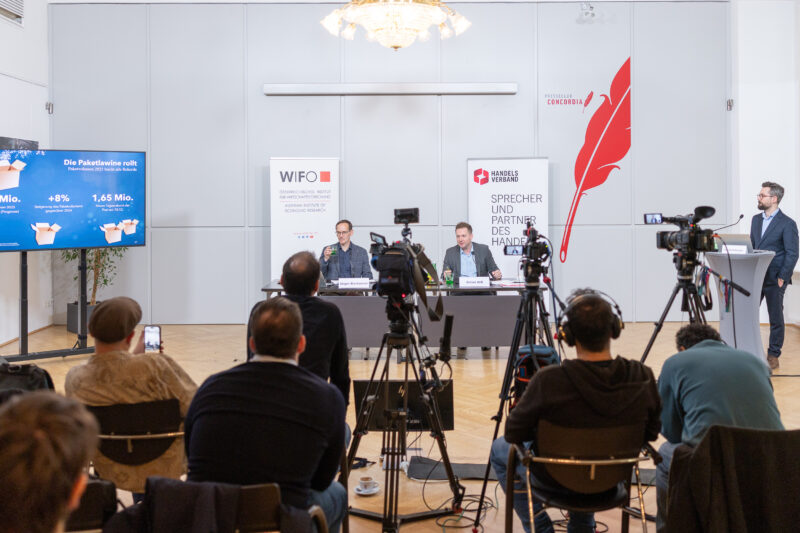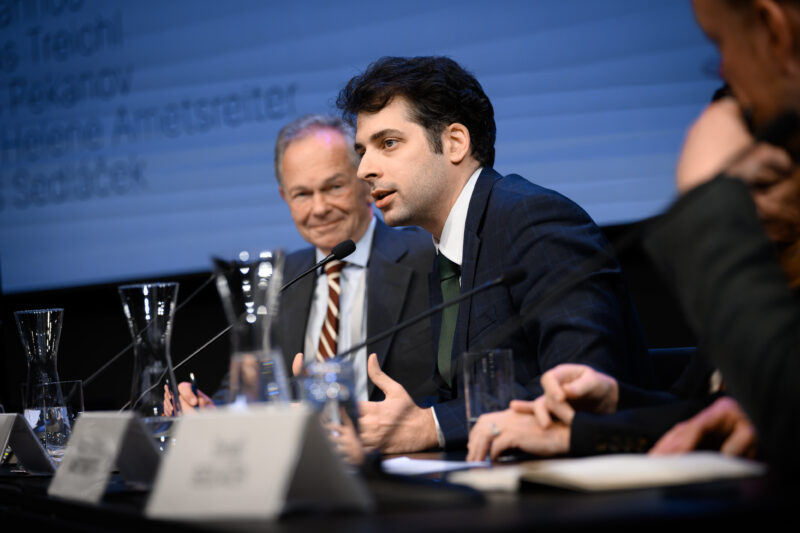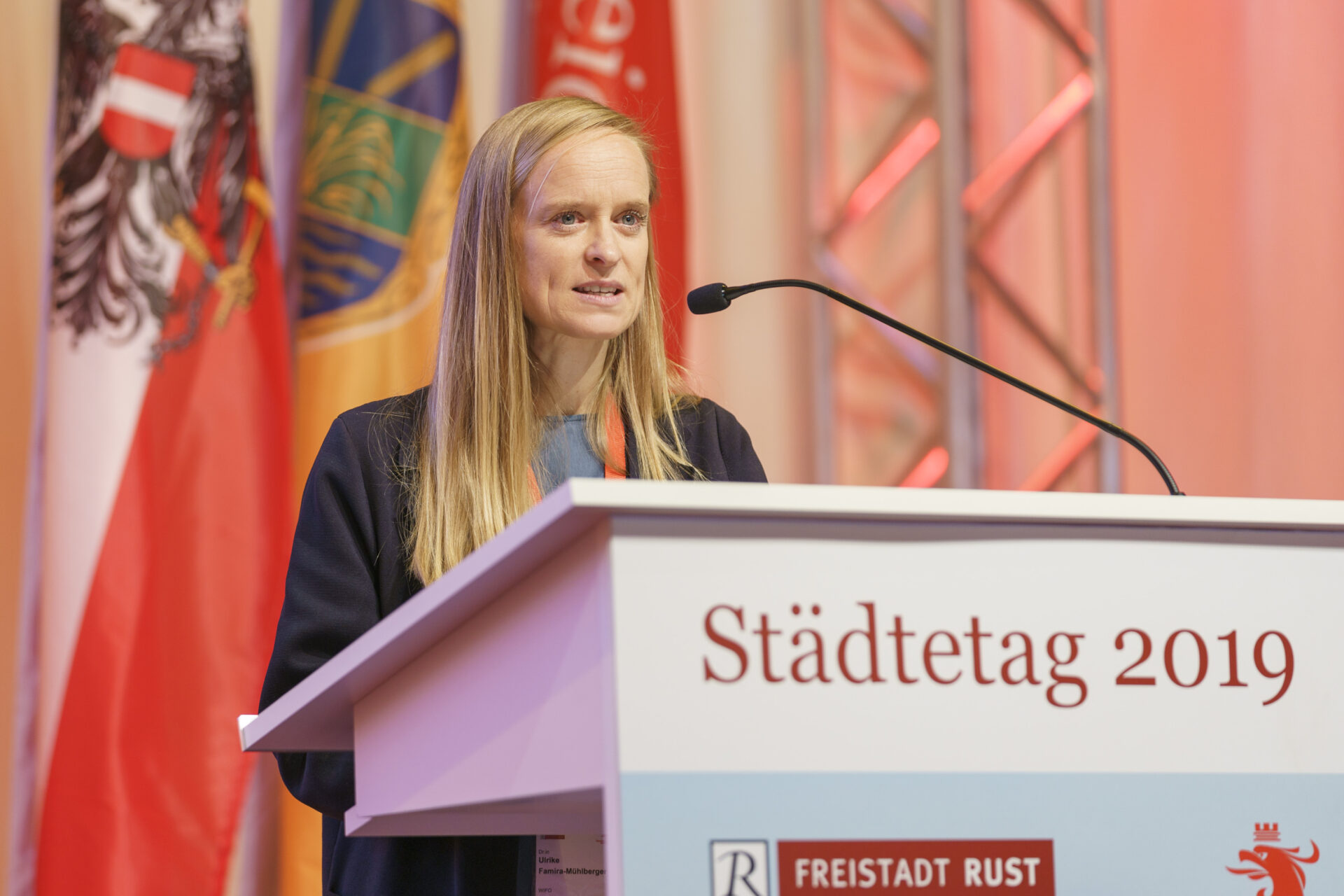
The Spending Structure of an Ageing Society
Ulrike Famira-Mühlberger (WIFO) explained that an ageing society has a different public expenditure structure than a non-ageing society. Demographic developments are increasing the number of people in need of care, as is the demand for professional care.
According to WIFO calculations, the Bundesländer, cities and municipalities will have to spend around 90 percent more by 2030 and 330 percent more by 2050. When it comes to financing long-term care, the government can rely on tax financing or a system of social contributions. According to simulation calculations, the current system of tax financing has advantages over a system of social contributions (e.g., in Germany), since both the personnel distribution effects and the economic effects on growth and employment in the tax system can be assessed more favourably. In addition, tax-based financing is based on a broader insurance base than would be the case with a social contribution model.

